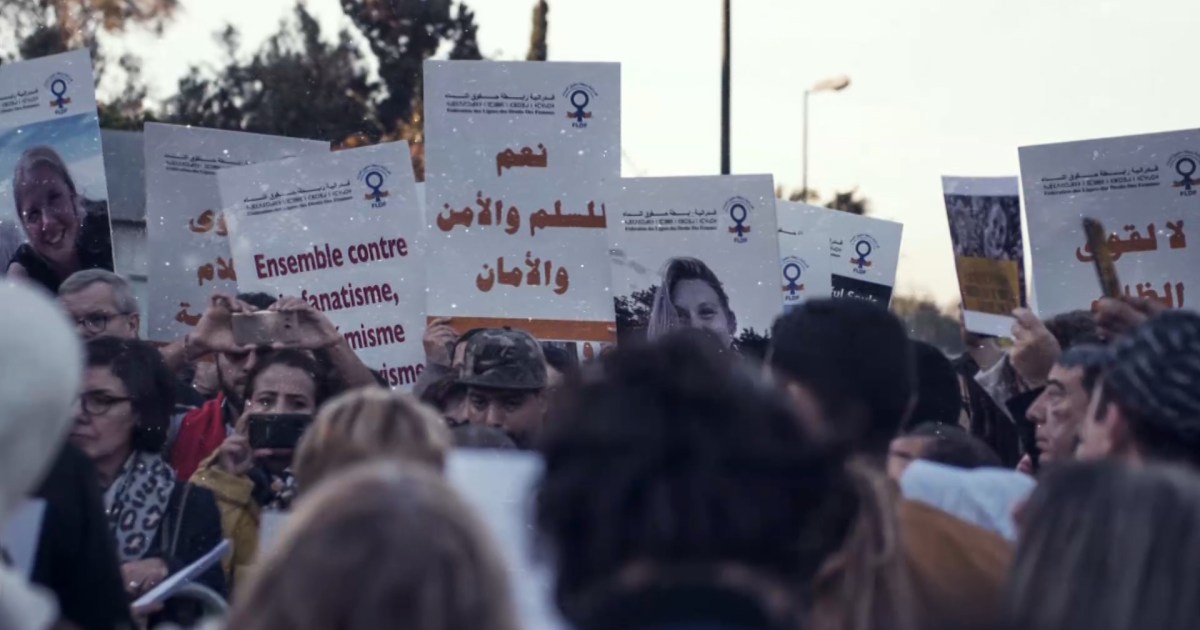In this regard, the episode (22/10/2020) of the "Scenarios" program shed light on these crimes, which have become a cause of much apprehension and anxiety, and threaten the security and stability of Arab societies.
These crimes have shaken public opinion and fueled feelings of anger and demands for retribution and the infliction of harsh punishments against the perpetrators, and a return to the application of the death penalty to reduce these crimes, which increased their frequency remarkably.
Regarding the reasons for the exacerbation of this phenomenon and ways to address it, Professor of Criminal Law Associate at the University of Jordan Muhammad Al-Fawaraa said that the weakness of the rule of law in some areas gives people who engage in acts of bullying sufficient space to play the role of sovereignty and preside over a neighborhood or region, and therefore he works to create terror with his crimes, as well as to frighten Members of the community around him to impose duties and royalties on them, dominating the role of the state, and taking advantage of the fact that the victim does not dare to file a complaint against him.
He added that the perpetrator may create a problem that would put the victim in the dock with him, pointing out that the Penal Code neglects to criminalize some criminal practices, as there are no direct texts criminalizing acts such as "bullying" with a penalty commensurate with the damage resulting from them.
In turn, Professor of Social Psychology at the Tunisian University, Abd al-Basit al-Faqih, went on to say that the decision to commit a crime is a breach of the rules of social cohesion, and a complete rejection of the value of the higher ego controlling human behavior, referring to what he called “the fragility of the perpetrators and their lack of sense of belonging to society.” Whoever permits killing others suffers Inevitably, from intense hatred of the other, which is an underlying hatred in the subconscious.
He added that the behavior of violence is a failure of social integration, and the image of impunity has become entrenched among the perpetrators, in addition to the social bond that prevented the individual from committing crimes has become disjointed and not linked to values.
For his part, a university professor specializing in criminology and prisons, Omar Nashaba, explained that the rapid changes in Arab societies have led to a kind of loss and the loss of fixed values, and thus the high crime rate. Break up personal controls.
He added that "normalization with violence" has become almost normal, because scenes of violence in Arab countries have become frequent and widely reported by the media and social media to the extent that they come under the rule of "normal".

